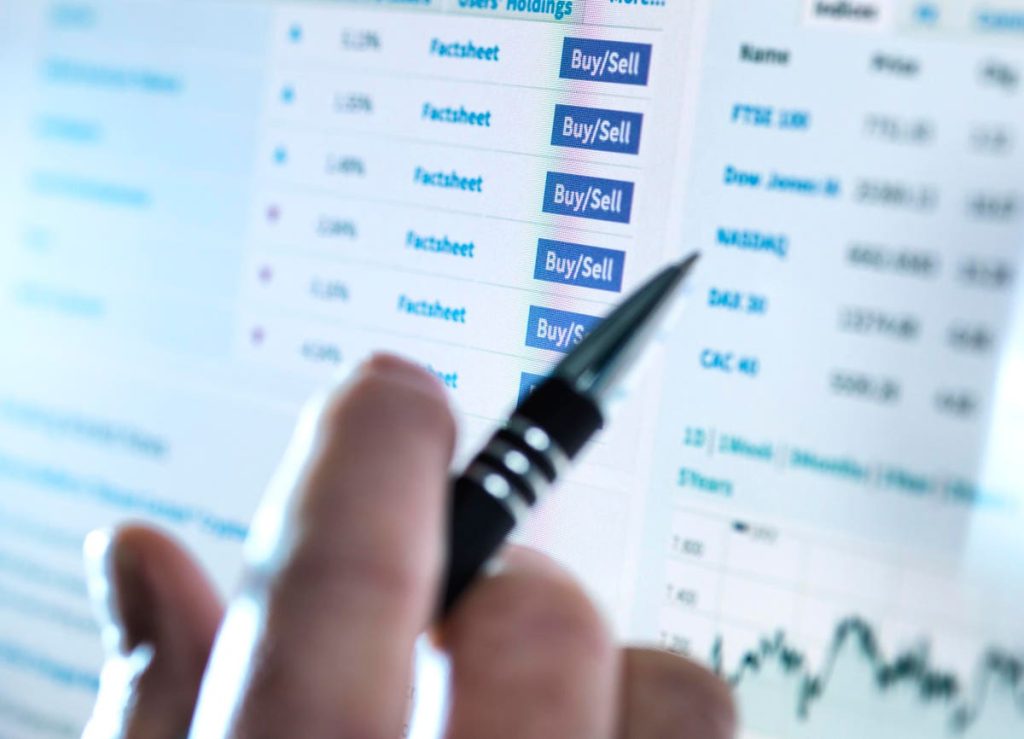Bas Kooijman, CEO of DHF Capital S.A., Asset Manager, and Author.
Upon launching in late 2022, ChatGPT took the world by storm. Made available to the public on November 30, this artificial intelligence (AI) chatbot registered 1 million new users in the first five days that it was announced. Today, its user base consists of more than 100 million people.
With its website generating nearly 2 billion visits per month (equivalent to roughly 25% of the world’s total population), ChatGPT is firmly on pace to soon eclipse the 200 million user threshold. This industry-revolutionizing technology has become a global first-of-its-kind innovation; however, it is evoking mixed emotions.
Nations like the United Arab Emirates (UAE) are seeing its government embrace ChatGPT, but countries like Italy have banned it completely. Yet, it is becoming increasingly apparent that countless people from students to teachers and workforce professionals, among others, are using this AI technology to save time and effort.
The Rise Of Algorithmic Trading
Similarly, AI can also save people money, and this is largely why it is seeing an uptick in usage in the world of finance. Algorithmic trading (algo-trading) is a systematic approach to buying or selling in financial markets, employing a predetermined set of rules and processes. These rules and processes are designed to trigger trade executions based on specific conditions or triggers and have been around since the early 1980s but are gaining popularity.
According to data from Wall Street, algo-trading accounts for more than 60% of overall U.S. equity trading. According to projections, the worldwide algorithmic trading industry is anticipated to witness a steady growth rate of 8.53% over the next five years. Notably, the Asia Pacific region is expected to exhibit the most rapid expansion, while North America is set to maintain its position as the largest market in terms of size.
From a technological standpoint, the world has become unrecognizable over the past two decades. As we look to the future, the separation between the world we once knew and our “new normal” will only grow larger—and at an accelerated pace. AI will play a key role, even in the space of finance. If you are preparing to venture into online trading, here are three questions to ask yourself:
1. How difficult is it to break into algo-trading?
We are all familiar with the phrase “The rich get richer and the poor get poorer.” But even if you aren’t Bernard Arnault (one of the world’s richest people), this adage doesn’t have to be your reality.
Over the past 50 years, algo-trading has primarily been reserved for tech-savvy investors and institutional traders. Nowadays though, the everyday investor can access tools (with ChatGPT potentially being one of them soon) to support their trading ambitions.
In fact, a recent study found that trading algorithms are currently responsible for 92% of Forex trades. As technology evolves and AI is further integrated, I see people of all tax brackets able to create wealth more efficiently and affordably.
2. How much oversight does algo-trading require?
The global algo-trading market size was valued at $2.03 billion in 2022; it is projected to grow to $3.56 billion by 2030. Despite a promising growth trajectory, it is essential to remember that algo-trading (like anything else in life) is not perfect.
Theoretically speaking, algo-trading has the potential to generate profits at a speed and rate that is impossible for a human trader, but as a trader, doing your due diligence is vital.
This means that in addition to defining a trading strategy and setting parameters, you should also monitor your system regularly to ensure you are making a profit rather than a loss. This will allow you to change variables such as frequency, volumes and limits as needed.
If algorithms are properly checked, algo-trading becomes more accurate as the right trades are automatically executed with mitigated risk. Often, investors make rash decisions based on emotion rather than logic; when you are trading large amounts of funds, the fear of losing them can lead to this thought process.
While we still don’t know how accurate algo-trading is due to its relative market youth, relying on it (alongside due diligence) instead of human emotion should allow you more accurate and consistent returns.
3. How dependable and accurate is algo-trading?
Although algorithmic trading is undeniably valuable, it is crucial to appropriately harness this technology for its intended purpose. By utilizing historical data, trading algorithms can generally provide reliable predictions of future market trends. However, it remains impossible to consistently foresee every alteration, as unforeseen events (like the notable Covid-19 pandemic in recent years) occasionally emerge.
Over-reliance can therefore be problematic in the face of market disruptions—otherwise known as black swan events. If you are solely relying on algo-trading, or are new to trading, I highly advise you to seek out the help of a qualified financial advisor who possesses the technical know-how and expertise to ensure you can reap the best ROI. While algo-trading automates many processes, it can still be complicated (and costly) to set up.
Even Robert Kiyosaki, a renowned figure in the investing community, seeks out the help of financial advisors. This is someone who has reportedly earned a wealth of $100 million, reinforcing the fact that no matter what tax bracket you sit in, there is no downside to seeking quality advice from someone who has proven experience.
Forbes Business Council is the foremost growth and networking organization for business owners and leaders. Do I qualify?
Read the full article here










